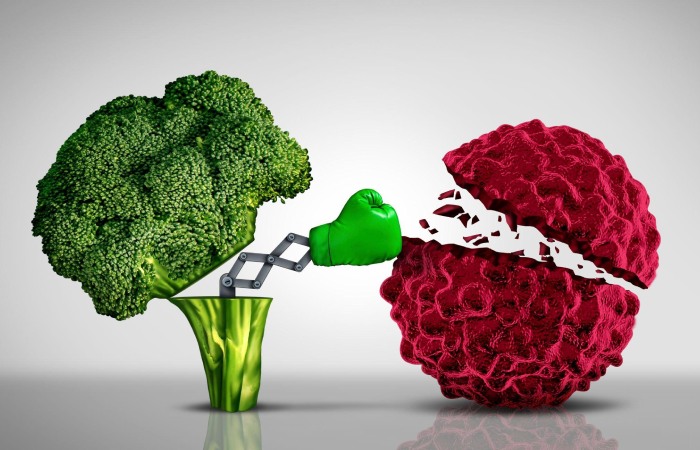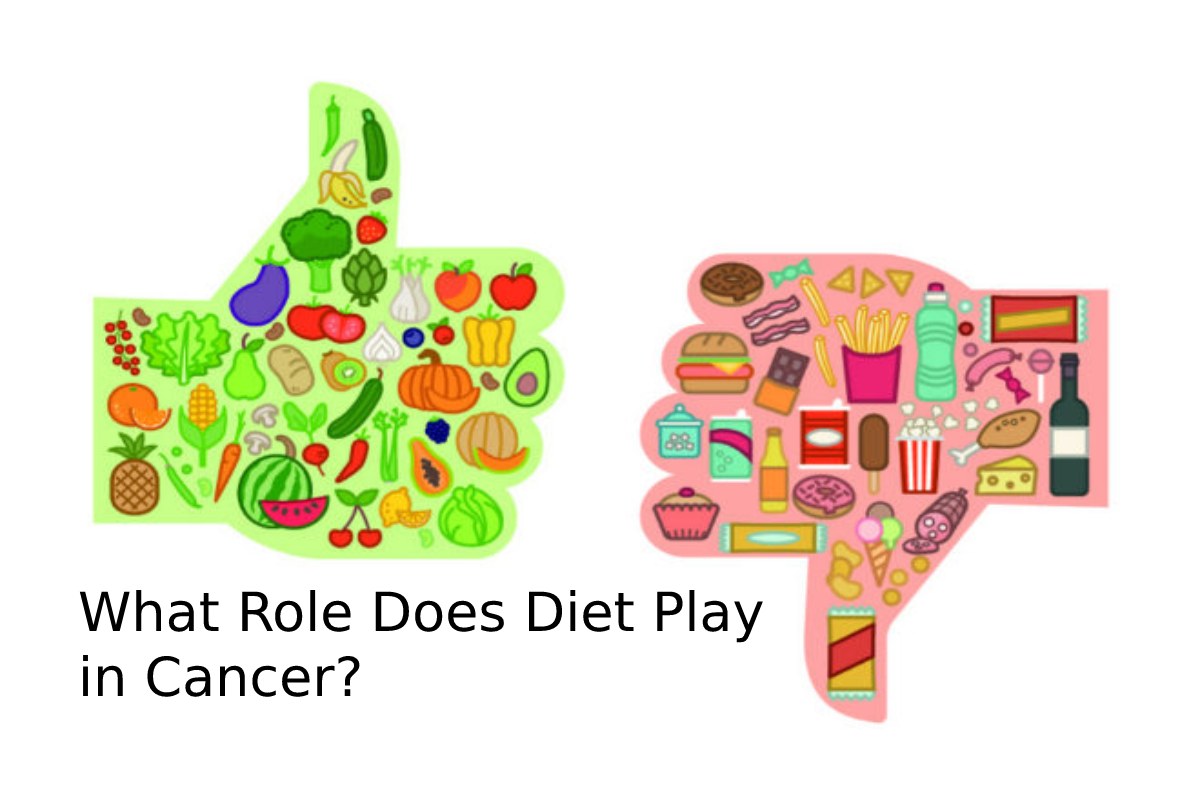Table of Contents
The Vital Role of Nutrition in the Growth and Treatment of Cancer
Cancer Although there is a genetic predisposition in some specific cancer cases, we must not forget that there are behavioural and dietary risk factors that many cancers could prevent. It is important to remember that diet plays a significant role in prevention treatment and healing.
Cancer is a process of wild growth and the spread of cells. It can appear almost anywhere on the body. The tumour usually invades surrounding tissue and can metastasize to distant sites in the body. Many types of cancer could prevent.
About 30% of deaths are related to five dietary and behavioural risk factors: high body mass index, low fruit and vegetable intake, lack of exercise, and tobacco and alcohol use. In some specific cancer cases, it identified an apparent genetic effect or predisposition. But even in these cases, food plays an essential role in their appearance.
On the other hand, Nutrition is also essential when cancer is bare. Correcting poor nutritional status caused by the disease or caused by treatments will be critical to the ultimate response to treatment and healing.
Cancer and Nutrition

It is not only necessary for the carcinogen to be present in the body for cancer to develop. Other circumstances must add, such as the presence of sufficiently high doses of the carcinogen in the body, the presence of substances (called promoters) that help the carcinogen to cause its damage in the cells and progress, the ability to regenerate the damage caused by the damaged cells themselves and immune system cells (lymphocytes) and the presence or absence of cancer-fighting substances, which may also come from food. Added to this is the genetic predisposition of the individual.
Promoters are usually hormones that we make ourselves, such as androgens, estrogens, or external substances. Still, there are also promoters in our foods, such as phorbol esters (from herbal teas) or safrole (from saffron and black pepper). Promoters have no carcinogenic potential of their own.
In summary, there are three aspects of Nutrition that we need to consider because of its relationship to cancer:
- It is content of carcinogens and procarcinogens (e.g. aflatoxin B1 or nitrosamines and amides);
- It is content of enhancers (e.g. phorbol esters);
- The absence or presence of protective factors (anticancer) in the diet.
- Carcinogens and anticancer compounds may not be nutrients as they are sometimes present in foods but have no nutritional value.
Carcinogenic Substances
Some carcinogens create when handling food, either for preservation or cooking. This is the case with meat and fish that have been roasted or smoked and contain polycyclic aromatic hydrocarbons such as benzopyrene, which is found in roasted coffee. Nitrosamines are other carcinogens formed by the reaction between amines in food and nitrites used as food additives.
Polycyclic aromatic hydrocarbons originate in roasted or smoked foods and foods grown in areas with high pollution levels from burning petroleum or coal derivatives.
Industrially manufactured substances such as artificial sweeteners or nitrites used as food additives can also be carcinogens.
Others are substances absorbed into food through the air, water, or microorganisms that can grow in them. This is the case with Aflatoxin B1, produced by fungi that grow where corn, peanuts, etc., are stored.
Finally, some carcinogens are natural products that occur naturally in food. Some examples are alcohol; methylxanthines (caffeine, theobromine) from coffee, tea, cola and cocoa; phorbol esters in herbal teas; spinach nitrates; fungal hydrazines; safrole in saffron and black pepper; and potato alkaloids.
Anticancer Substances
In food, we also find anticancer substances crucial for cancer prevention. Eating plenty of fruits and vegetables or foods high in fibre has protective effects against cancer. They generally correspond to foods.

